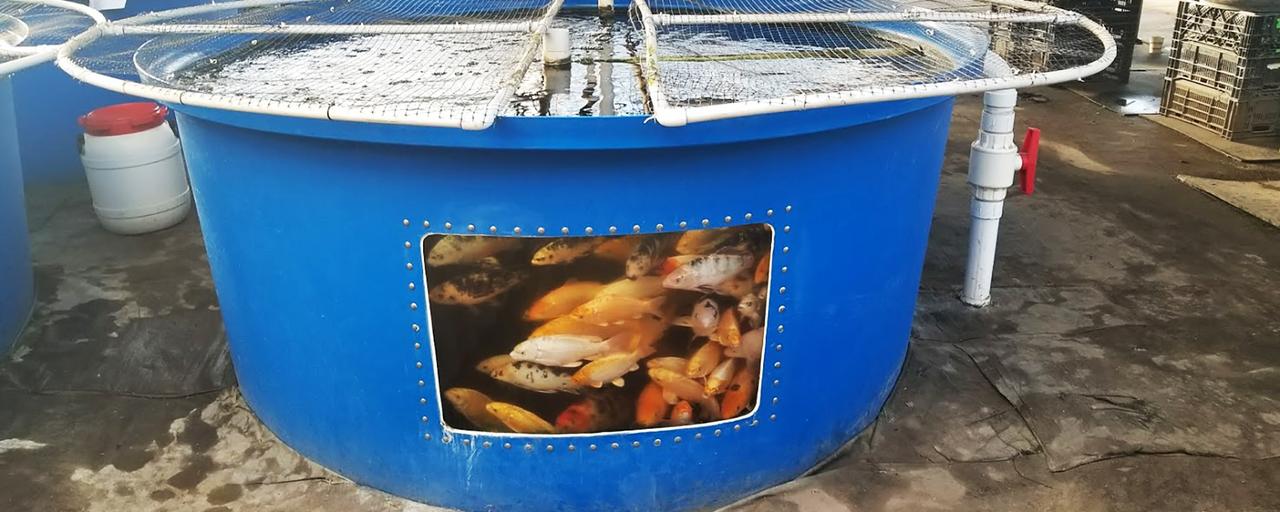
News
Swedish researchers turn fish waste to renewable biogas
June 22, 2023
By
Nestor Arellano


Digesting fish waste to produce biogas – the idea may be off-putting to some, but researchers from the University of Gothenburg in Sweden are intent on starting a circular, land-based aquaculture project this summer that zeroes in on the digestion of solid fish waste.
“By breaking down fish faecal matter in an anaerobic environment – known as digestion – we can obtain a concentrated gas mixture of 70 per cent methane that can be used as fuel. This can make aquaponics a source of energy,” according to Victor Lobanov, doctoral student of marine biology at the University of Gothenburg. “Fish waste contains a lot of nutrients. These should also be usable in aquaponics to enable even more sustainable food production than today.”
Before we go any further, the digestion is not going to be done by researchers or fish.
Lobanov’s “goal is to create modular digestion systems that can be integrated into existing aquaculture and aquaponic facilities,” according to a post on the University of Gothenburg website.
There has been an increasing implementation of aquaponics, the combination of recirculating aquaculture with hydroponics. The method uses nutrient-rich water produced by fish to fertilize plants in a closed, non-soil system. The model emulates natural fertilization that occurs in rivers and lakes. Solid fish waste has been a by-product of the process “with no particular value, until now.”
The researchers hope to produce biogas that can be used by for the energy needs of aquaponics farms. “There is significant interest from the industry, and the technology could also be used in other animal husbandry applications such as piggeries,” according to the university.
“In many countries, the quantity of fertilizer produced in livestock farming is a problem. It can only be spread on fields during certain times of the year and removing wastes from the farm is associated with extra costs during pumping and transportation. Digestion of the fish solids reduces the quantity of waste produced by farms while additionally producing energy and a great fertilizer for hydroponics,” said Lobanov.
Print this page